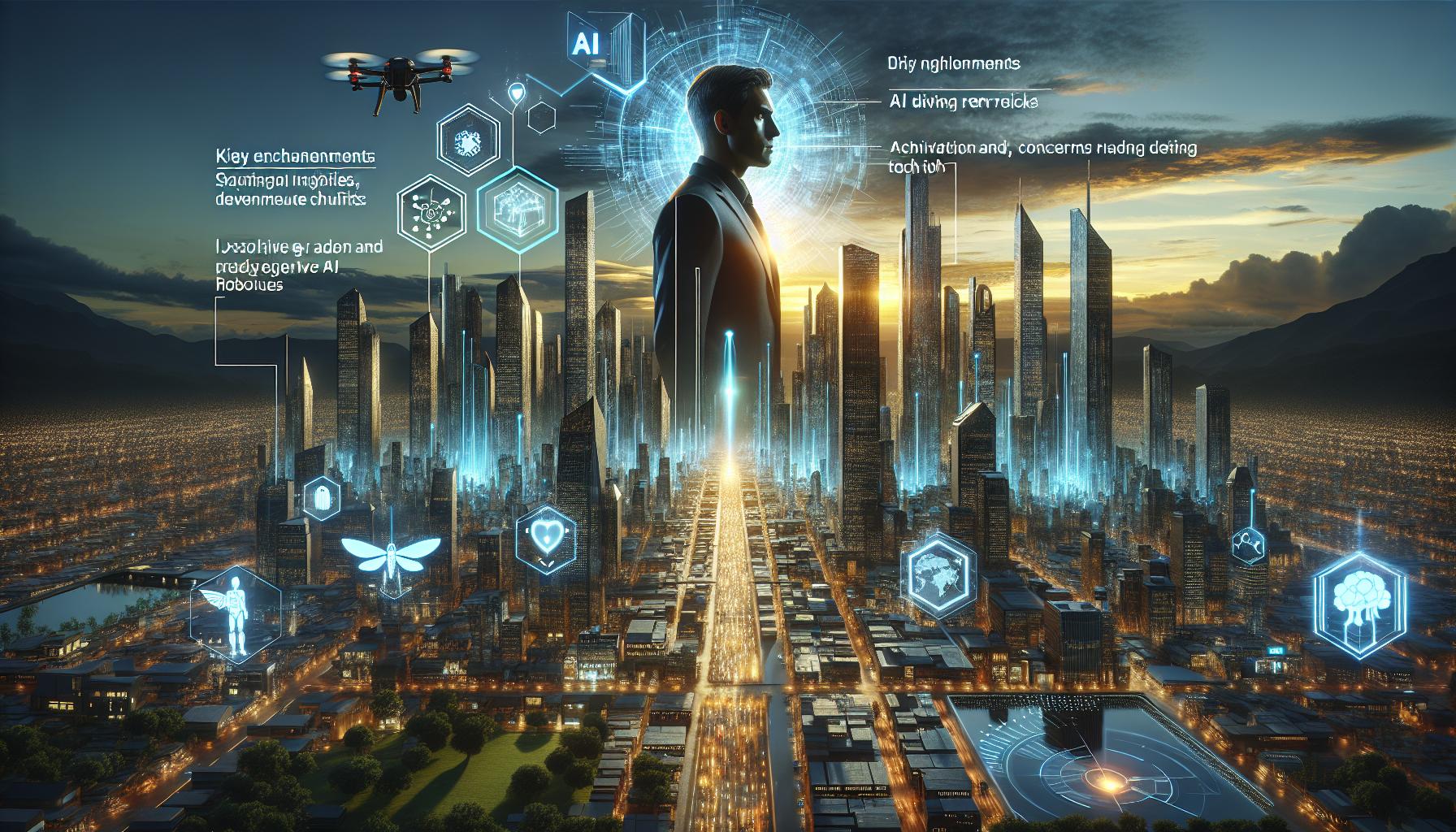The Rise of AI Identity Theft: Who Owns Your Digital Persona?
The creation of artificial intelligence (AI) replicas of prominent psychotherapists and psychologists, such as Esther Perel and Martin Seligman, without their knowledge or consent, raises the issue of a new form of “AI identity theft” or “AI personality theft.” These AI replicas, also known as digital personas, virtual avatars, or chatbots, are being developed by individuals without permission, often with good intentions, to offer support and guidance in various areas, such as relationships or mental health. However, the ethical and psychological implications of creating AI replicas without consent are significant.
Crossing Boundaries: The Ethical Concerns of Creating AI Replicas Without Permission
While the development of AI replicas might seem fascinating and well-intentioned, it is crucial for developers and companies in this space to consider the boundaries and ethical effects of creating a person’s AI replica without their knowledge or consent. This act has been compared to “body snatching” and can trigger legal issues surrounding the “theft of creative content” or “theft of personality.” Companies and platforms are now racing to address this issue, but the amount of personal data already gathered from the internet to train AI models is significant.
The Reality of AI Identity Theft: How Personal Data and Online Content Fuel the Problem
The technology to create AI replicas of real people is no longer science fiction. AI models can be trained using personal data or publicly available content from the internet. Although steps are being taken to prevent the unauthorized use of this data, much of it has already been collected and utilized to train existing AI models. This situation raises concerns about privacy, consent, and the potential infringement of intellectual property rights.
Psychological Consequences: The Negative Impact of Lacking Control Over AI Replicas
The author of this article has conducted extensive research on people’s attitudes toward having AI versions of themselves or loved ones, including how they would feel if these replicas were operating without their permission or oversight. The findings consistently demonstrate a negative psychological reaction when individuals lack control over their AI replicas. People view these replicas as extensions of their identity and sense of self, making agency over them essential. The potential misuse, safety, and security issues surrounding AI replicas, along with their psychological consequences for both the individual and their loved ones, further compound these concerns.
Informed Consent and Responsible AI: Protecting Privacy in the Digital Age
Creating AI replicas of real people, living or deceased, requires careful consideration of informed consent. The use of a person’s likeness, identity, and personality should be under the control of the individual or their designated decision-maker. Additionally, AI replicas should be considered digital extensions of one’s identity and self, deserving similar protections and respect. Users should be aware that they are interacting with AI and given the option to opt out of these interactions. Informed consent is crucial to safeguard against the risks associated with AI replicas, such as misuse and reputational damage. Proposed solutions, such as Digital Do Not Reanimate (DDNR) orders and the introduction of federal regulation, aim to protect individuals’ rights and prevent unauthorized use of their image, voice, or visual likeness.
Advances in AI replica technology offer exciting possibilities, but it is essential to maintain a commitment to responsible, ethical, and trustworthy AI. With the potential psychological, legal, and ethical consequences of AI identity theft, it is necessary to ensure that individuals retain control over their digital personas and that organizations prioritize informed consent and privacy protection in the digital age.
Analyst comment
This news can be evaluated as negative. The rise of AI identity theft raises significant ethical, psychological, and legal concerns. The market will likely see increased efforts from companies and platforms to address this issue and protect individuals’ rights. Proposed solutions, such as Digital Do Not Reanimate orders and federal regulation, may be introduced to safeguard against unauthorized use of personal data. The market for privacy protection and responsible AI is expected to grow as concerns over AI replica technology continue to surface.













